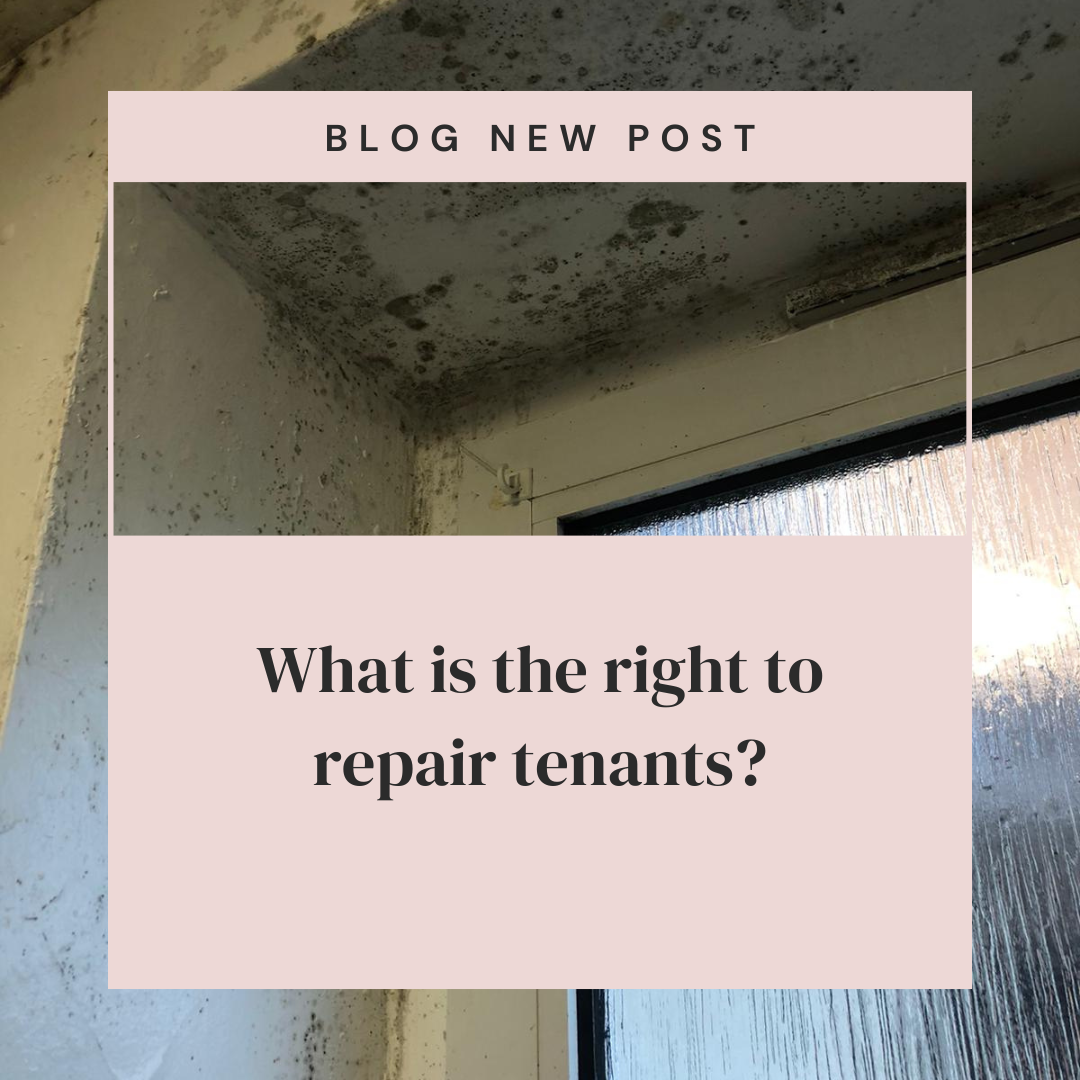What is the right to repair tenants?
What is the right to repair tenants? Are you a social housing tenant in England or Wales seeking clarity about your rights concerning property maintenance? Understanding the Right to Repair scheme can be instrumental in ensuring your dwelling is well-maintained and your rights as a tenant are upheld.
The Right to Repair scheme is a pivotal aspect of legislation established to safeguard tenants’ rights in social housing. Under this scheme, eligible repairs in your rented property are categorized as ‘qualifying repairs.’ These repairs must meet specific criteria set by law and must be carried out within a reasonable timeframe by your landlord or housing association.
Tenants in England and Wales are entitled to this scheme if they rent from a council, housing association, or other registered social landlords. It applies to certain types of repairs that affect your health, safety, or security within the property.
The repairs covered by the Right to Repair scheme include issues like:
- Electrical faults posing a safety hazard
- Issues with heating and hot water systems
- Major leaks in water supply or drainage systems
- Damaged exterior doors or windows that compromise security
These are just a few examples. The scope of qualifying repairs extends beyond these, encompassing various other essential aspects of property maintenance crucial for a tenant’s well-being.
So, how does the Right to Repair process work?
When you report a qualifying repair issue to your landlord or housing association, they must acknowledge the problem and set a reasonable timeframe for its resolution. Usually, this timeframe is within a specified number of days, depending on the nature and urgency of the repair. If your landlord fails to address the issue within the stipulated time, you may have the right to take action, such as arranging the repair yourself and seeking reimbursement from your landlord.
However, not all repairs fall under the Right to Repair scheme. Some repairs may not qualify or may not pose an immediate threat to health, safety, or security. In such cases, it’s essential to communicate with your landlord or housing association and understand their policies regarding non-qualifying repairs.
Understanding your rights as a social housing tenant in England and Wales empowers you to maintain a safe and habitable living environment. It’s crucial to document all communications regarding repairs, including the issue reported, dates, and responses from your landlord, for future reference if needed.
In conclusion, the Right to Repair scheme plays a pivotal role in safeguarding the interests of social housing tenants in England and Wales. By familiarizing yourself with this scheme and asserting your rights when needed, you contribute to ensuring that your living conditions meet the necessary standards outlined by the law.
Important links
Housing Disrepair Advice: https://housingdisrepairadvice.org/contact
Housing Ombudsman: https://www.housing-ombudsman.org.uk/


